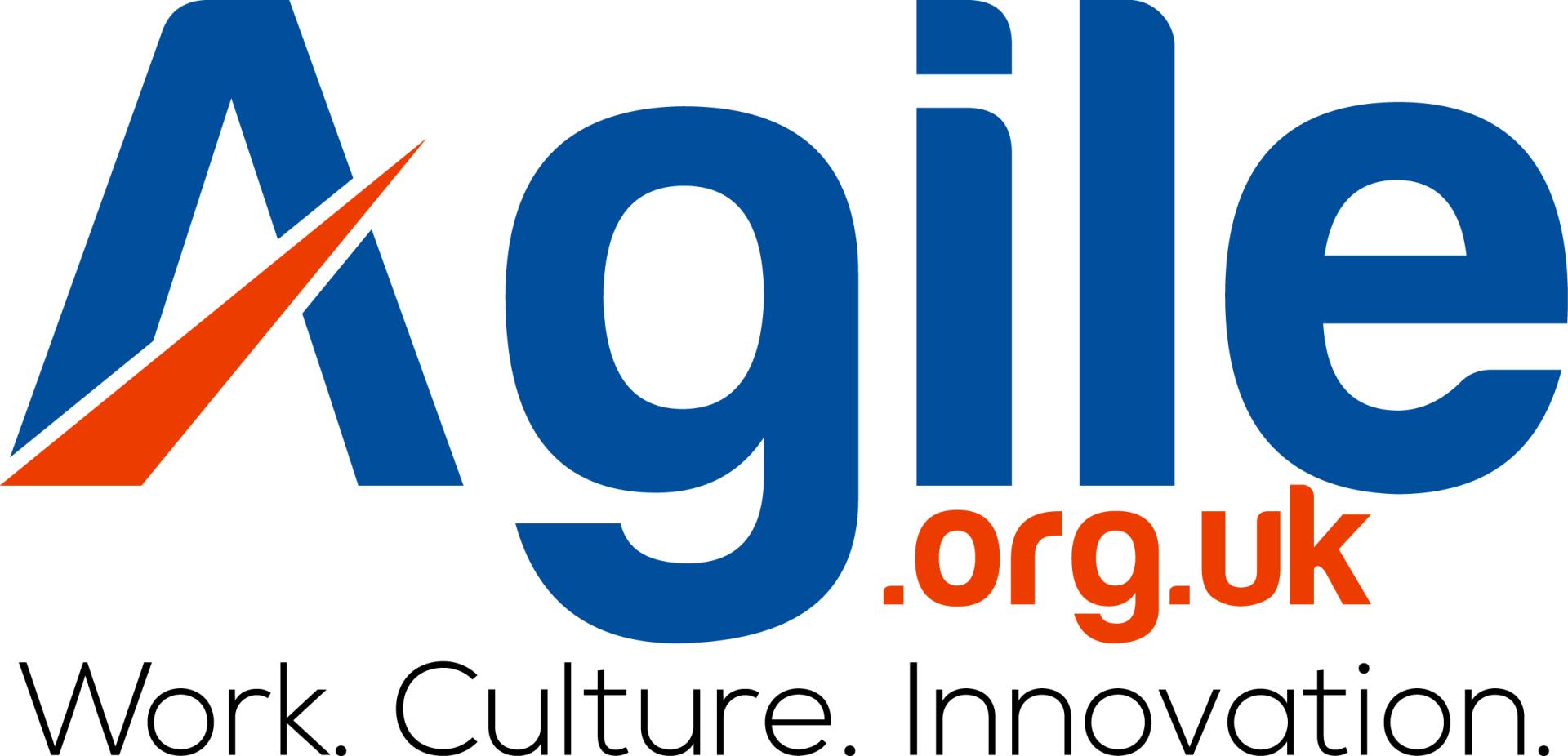As we emerge from lockdown, one thing is virtually guaranteed – the world of work has changed and going back to the way work was conducted before is not going to happen. Social distancing creates a need to do things differently in all environments. Our place of work will be impacted to a greater or lesser degree – but there will be an impact.
The ‘work from home’ bubble has been burst for a lot of people (normally managers) who thought it would never work, but we need to recognise some people have struggled to cope with their experiences.
The unplanned national work from home ‘experiment’ has thrown up a variety of things, but none more so than the realisation that many organisations were not culturally agile enough to deal with the crisis. Whilst the technology might have permitted some to respond, (albeit often in an unsophisticated manner) for many their organisations pervading culture made it more difficult.
The uncertainty and fear of what lies ahead is real, and it is impacting employee wellbeing. Added to this reality we must also consider that an organisations culture is evolving through the use of technology. ‘Normal’ communication routes and channels have changed the way people work, and this is impacting ‘the way we do things around here’.
The risk for organisations as they carry out planning towards a new normal is that the culture, and the impact the crisis has had on it, is not recognised as a key component to a successful future. Agile working policies may guide but they do not create culture. For Agile working to work it requires purposeful leadership, personal change and effective engagement, but without a defining culture then organisations cannot be truly agile.
The crisis has demonstrated that organisations need to have specific cultural characteristics to be able to deal with an uncertain future – agility, collaboration and innovation. But these must operate within an environment of trust built on integrity, competence, transparency, consistency and care.
Many people previously felt guilty or uncomfortable when working at home. Often stemmed from a culture that made them feel managers didn’t really trust them to actually work; they felt information was kept from them and that colleagues thought they were making the most of the good weather. This seriously impacts behaviours. Sometimes it prompted people to send out emails to colleagues in the office just to prove they were logged on! If agile working is a true ambition, then the culture will need to develop to enable it to become reality.
Culture in the most part consists of and is driven by unwritten rules that have been created by perceptions. During the lockdown with the necessity to work differently, many will have encountered negative unwritten rules that have driven the way they behave and how they respond to given situations. In turn these will reinforce peoples’ existing perceptions or create new ones.
Communication and engagement are one such breeding ground. For example, meetings provide a real opportunity to discover the culture of an organisation. They often display a ‘hotbed’ of unwritten rules on display, which give a real insight to the reality of ‘the way we do things around here’. Do people turn up late? Do people engage? Are people ignored? Do people focus on their phones rather than the meeting they are in?
It is almost guaranteed that the same will happen during virtual meetings as people notice what gets noticed during conference calls and Zoom sessions, what doesn’t get noticed and the differences between what is said during the call and what is actually done. This is the same criteria by which we base our individual perceptions of ‘the way things are done around here’ when we are in a normal office setting. They will probably come to light differently within the context of a video conference call and could potentially be much more overt and visible.
For many organisations, the easing of lockdown will bring a huge sigh of relief, allowing businesses to get going again. However, the risk will be not to understand the real underlying impacts of what the organisation has just been through. So the priority is now to engage with everybody to understand their experiences, learn from all of it and take the time to prepare for the new future.
Every leader should start an organisation wide conversation by asking some key questions:
- What has been the experiences of our staff?
- What has been the experiences of management?
- Consider the experiences of our customers & suppliers
- What bits do we want to take forward – and why?
- What bits do we want to discard – and why?
- What type of organisation do we need to be in the future? (being clear on the drivers for it)
- What culture do we need to be able to achieve it?
- What are the key cultural characteristics needed in order to realise the culture we need?
Change is hard to achieve and harder to embed because it requires convincing people to think, act and approach their work differently. Humans are motivated by different things, they have different fears and aspirations, feel varying levels of empowerment and commitment and are often reluctant to change. A poor culture will make things even harder to achieve desired outcomes.
Do not let hope become the strategy for working differently. Understand the culture needed, assess where you stand today and plan an effective and engaging route to achieving it.
Richie Maddock
Founder/Director of Lynchpin Solutions.
Richie is a “friend” of The Agile Organisation and part of our Change Management Team.
Lynchpin Solutions is thee only UK/Europe consultancy to provide the globally acclaimed Unwritten Ground Rules (UGRs) culture development concept. Visit www.lynchpinsolutions.co.uk for more information.













